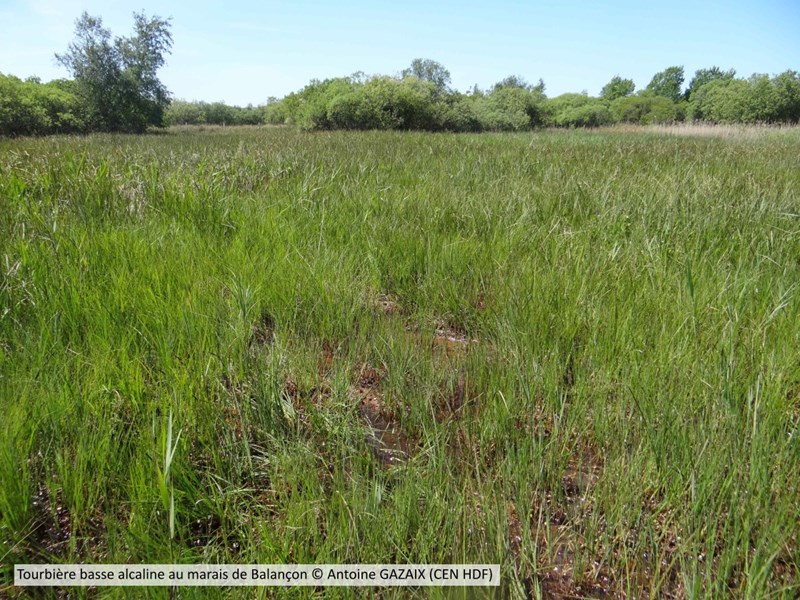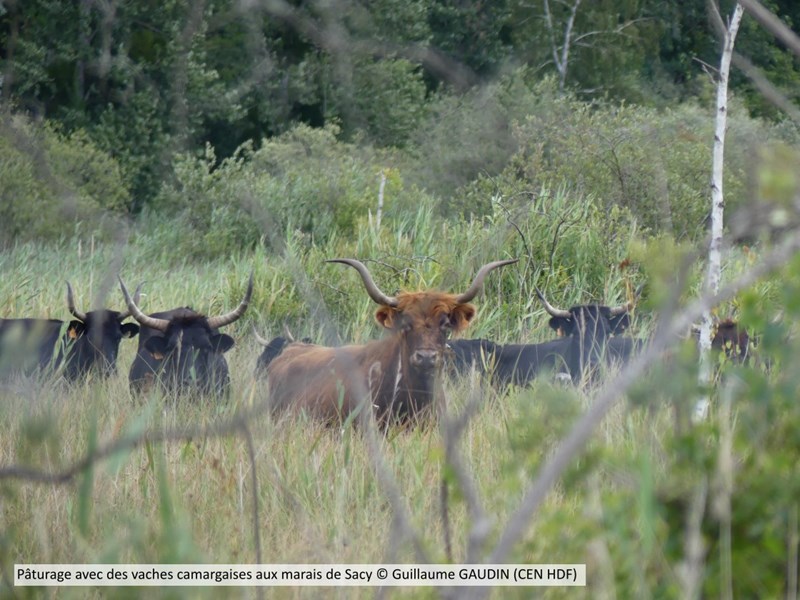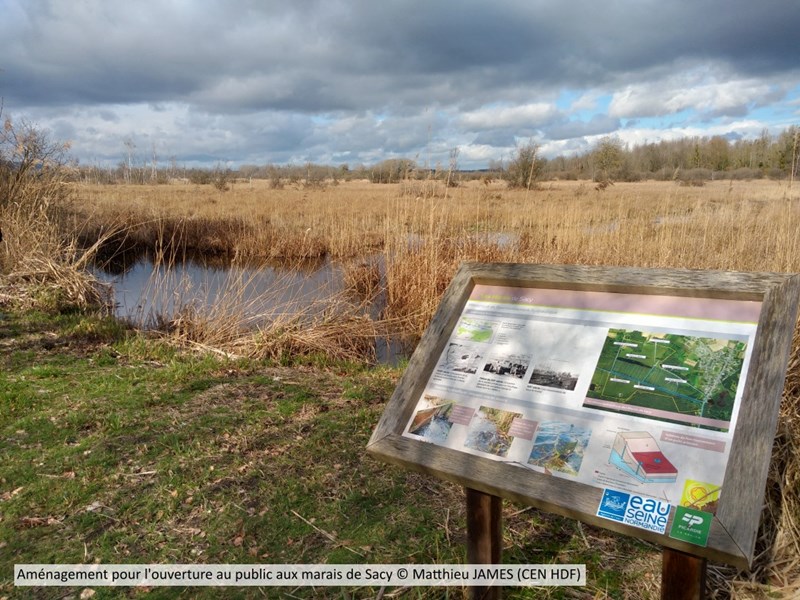The main aim of LIFE Anthropofens is to restore the conditions needed to improve conservation in 480 hectares of fens and associated habitats in 13 Natura 2000 sites in Hauts-de-France and Wallonia.
Our three specific goals
To ensure the conservation of alkaline fen habitats by optimising the environmental and water processes in peatland areas. Water management is essential for preserving peat and the different types of plant life found in fens. It is vital to guarantee suitable levels of water to the different habitats concerned.
To develop land management methods to improve the state of conservation in all alkaline fens. This involves restoring the various kinds of alkaline fen habitats. Whether for pioneer environments, such as transition mires (7140), herbaceous plant areas (6410, 7210* and 7230) or mature afforestation areas (91D0* and 91E0*). With this in mind LIFE has set itself the aim of recovering both open habitats and wooded areas where their respective potential in terms of biodiversity is most important.
For example, the potential to restore typical peatland woodland areas (here the 91D0* and 91E0*) is greater in some areas of the Somme valley than elsewhere. The initiatives undertaken to foster wooded vegetation will focus on these areas (ecological restoration through planting, concertation for the free development of small wooded areas, etc.). In places with a higher potential for restoring herbaceous plants, the LIFE project will aim to open up habitats (by clearing forests and vegetation, etc.).
To create a network for the main stakeholders in alkaline fens in Hauts-de-France and Belgium. The results of the LIFE Anthropofens project should help to promote management practices that are adapted to different local contexts and goals for preserving alkaline fen habitats. LIFE Anthropofens has set itself the aim of raising awareness as widely as possible about the issues involved in conserving fens: for professionals managing natural spaces, on the one hand, but also for users, politicians and local residents, through technical guides, leaflets, special events, open days, conferences, symposia, visits and other tools to help reach everyone involved.
A wide range of issues
The pressures exerted on fens have made them endangered, fragile and fragmented areas which we need to preserve, given the issues they raise :
- Maintaining the last remaining reservoirs of biodiversity specific to alkaline fens in regions where human activity has had a strong impact on these habitats;
- Conserving species and habitats to help these older ecosystems to resist disturbances and to develop;
- Guaranteeing that the services fens provide, especially those linked to water and carbon, will last over time.
On a large scale
The work undertaken as part of the LIFE Anthropofens project should have a positive impact on 480 hectares of peatland, with the aim of restoring :
- 56 hectares of molinia meadows on peaty limestone or silty clay soils (6410)
- 21 ha of transition mires (7140)
- 96 hectares of calcareous fens (7210*)
- 276 hectares of alkaline fens (7230)
- 3 hectares of bog woodland (91D0*)
- 31 hectares of alluvial forests with black alders and European ash (91E0*)




